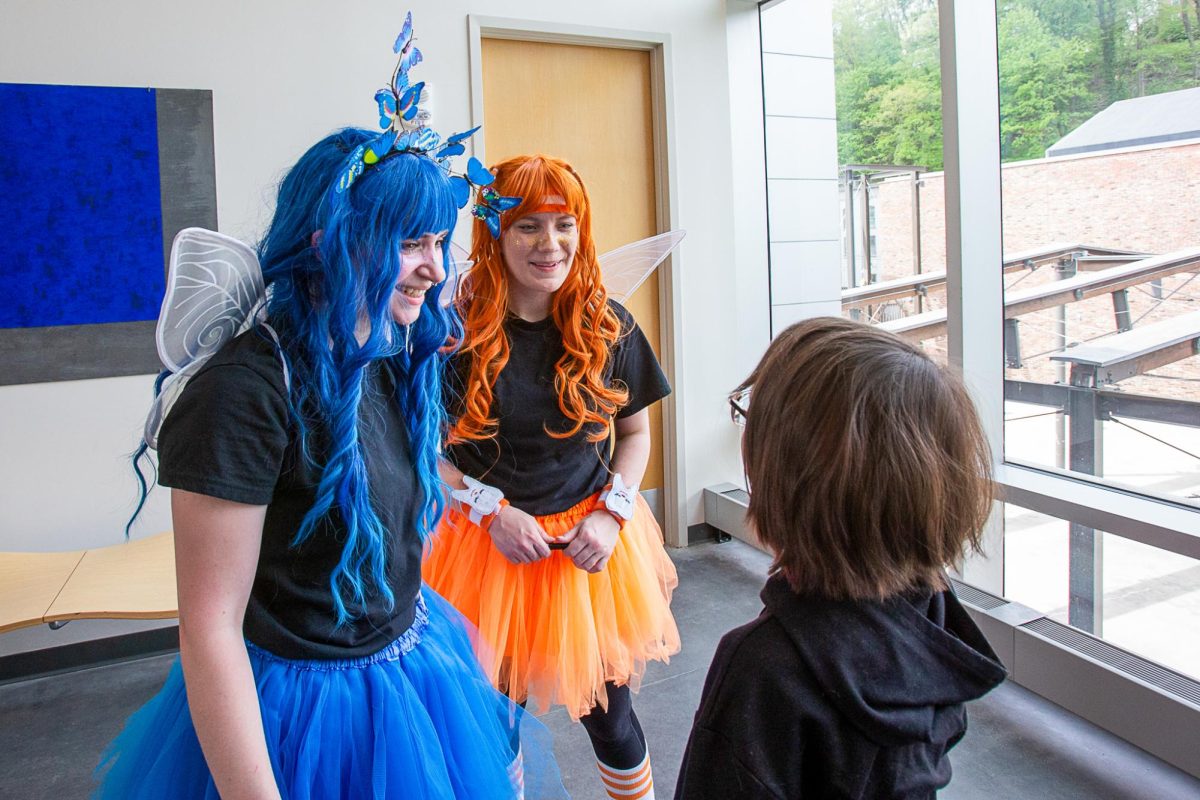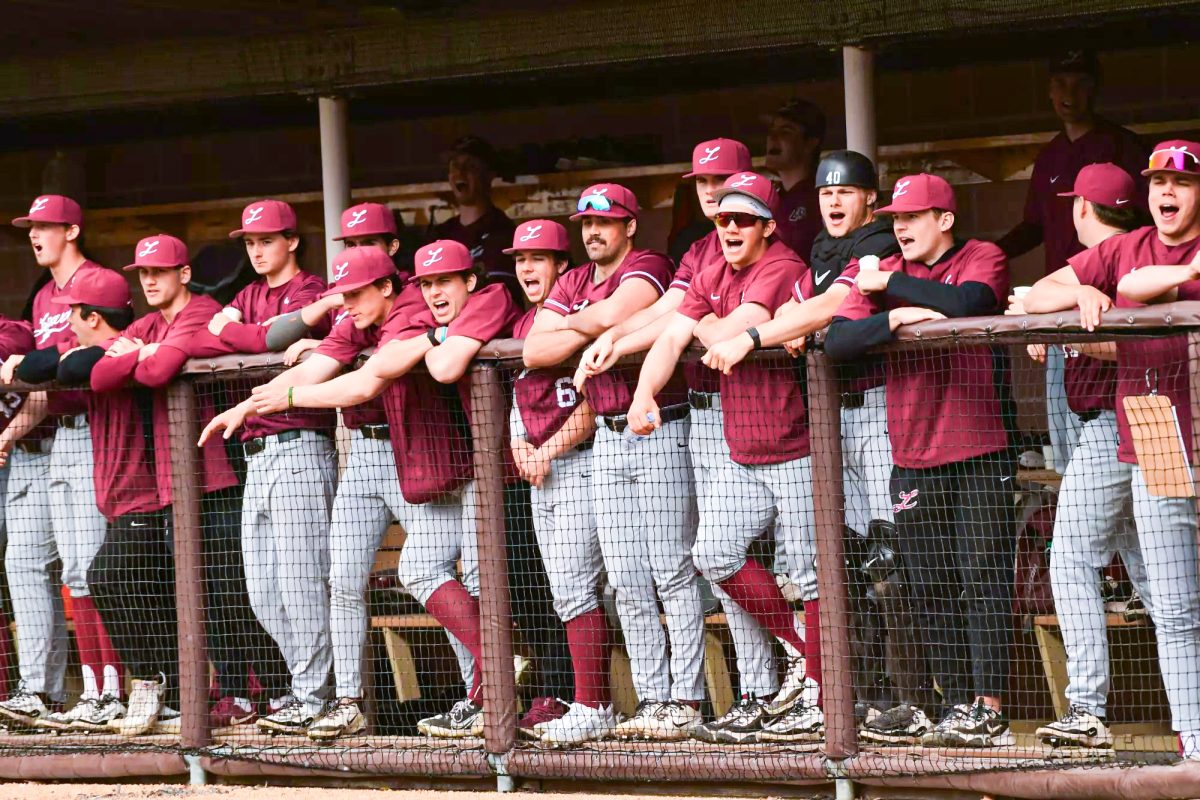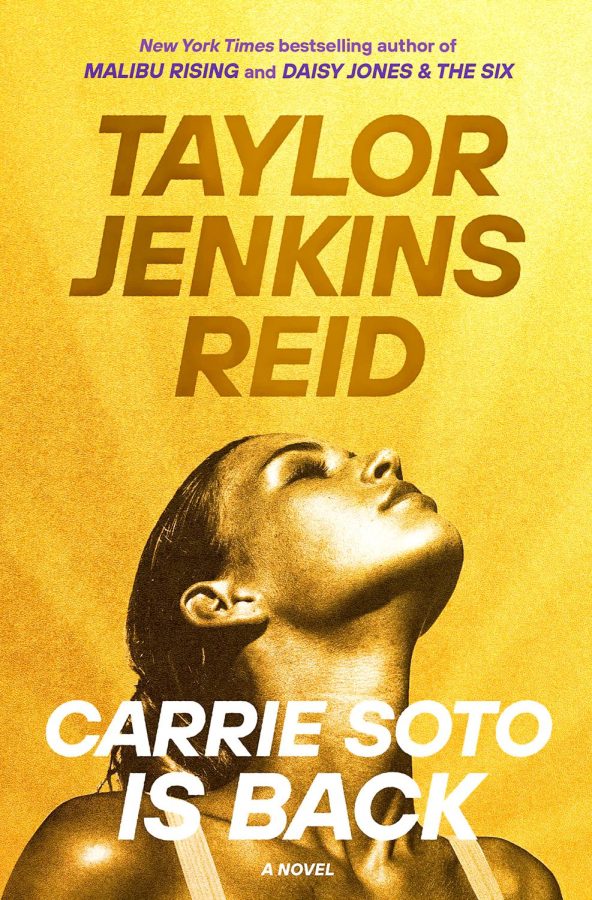Carrie Soto loves to win.
In fact, for her, it’s the only option. She has dedicated her whole life to being the best tennis player in the world, angering plenty of people along the way with her intensity and brutal honesty, and she’s not about to give up the title.
So, when Nicki Chan — shockingly aggressive and overpowering in every sense of the word — comes along half a decade into Soto’s retirement and ties her record for most Grand Slam victories, the Battle Axe (or the Bitch, depending on who you ask) is itching to get back on the court, once again coached by her father, to prove her prowess once and for all.
“Carrie Soto is Back” is the fourth and final installment of Taylor Jenkins Reid’s connected yet standalone books that span four decades of rich, highly intricate Hollywood lore. This time, Reid breezes readers through the 1970s and 1980s as the legend of Carrie Soto is born, and plants them firmly in 1995 — in the world of “Friends,” Alanis Morissette and Soto’s comeback.
Carrie Soto is a stunning character. Fierce in her ambition, she is everything the world does not want women to be: cutthroat, confident and unrefined. She doesn’t waste time trying to make people like her, and she doesn’t understand why she should be anything other than truthful about her expectation of dominance. And she is not going to let anyone tell her when she should hang up her racket.
Carrie’s complexity leaps off the page. There are few things better than a well-written, powerful female character — especially one that pisses off men — and Reid manages to create one while thoroughly exploring her flaws, fears and weaknesses.
Her compulsive need for victory epitomizes that complexity: it is both the catalyst behind her unparalleled success and the cause of her deep emotional turmoil. Reid takes an incredibly nuanced approach, both allowing her to pursue it unapologetically and underscoring how it can wreak havoc on her personally.
To be clear, you don’t have to be a Wimbledon groupie to enjoy this book. I consider myself a casual tennis fan: I’ll watch Grand Slam finals and I don’t change the channel when the coverage comes on ESPN. Reid’s writing of match sequences is simultaneously so immersive and so accessible that I felt like I was courtside getting whiplash following the sheer speed of Carrie’s serves.
I devoured this book, particularly once I reached the 1995 season. Reid makes interesting craft choices about which matches to fully flesh out and which to gloss over, keeping the narrative as fast-paced and enthralling as a volley itself.
I would be remiss not to mention the relationship between Carrie and her coach-father, former tennis legend Javier, which brims with equal parts love and frustration, or her verbal and physical sparring partner, Bowe Huntley, a fellow player attempting a comeback of his own. The trash talk between the two as they battle it out in training is as biting as it gets.
Reid doesn’t often miss with her novels, and “Carrie Soto is Back” is no exception. I can’t recommend this book highly enough for anyone who enjoys character-driven, consuming stories that give you someone to root for and tug at your heartstrings.
























































































































